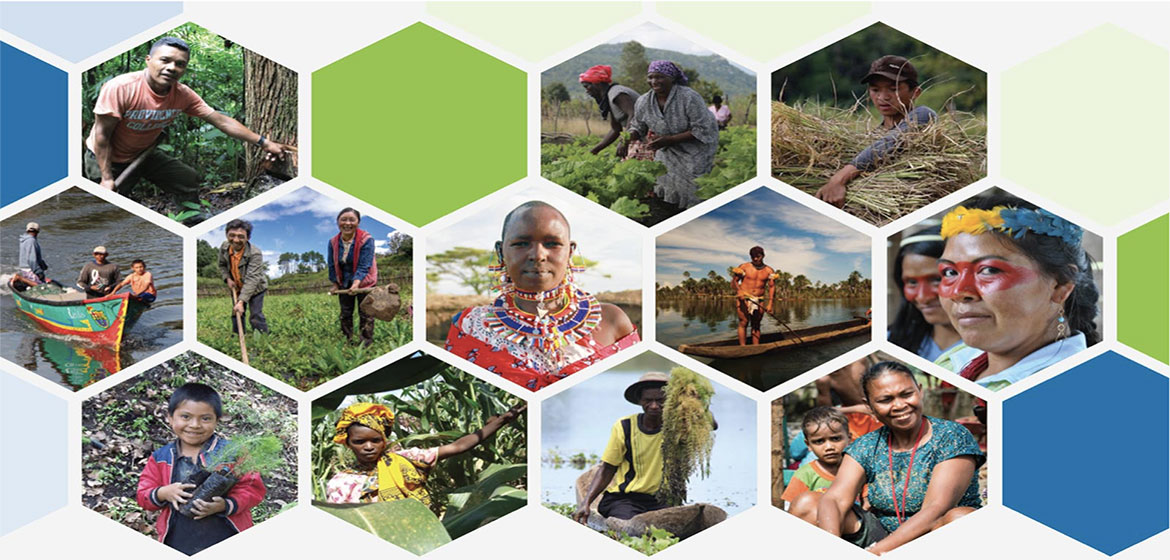What's the Equator Prize?
The Equator Prize, organized by the Equator Initiative within the , is awarded biennially to recognize outstanding community efforts to reduce poverty through the conservation and sustainable use of biodiversity. As sustainable community initiatives take root throughout the tropics, they are laying the foundation for a global movement of local successes that are collectively making a contribution to achieving the . As local and indigenous groups across the tropics demonstrate and exemplify sustainable development, the Equator Prize shines a spotlight on their efforts by celebrating them on an international stage.
Selection Criteria
Equator Prize winners are selected by an independent Technical Advisory Committee, which assesses nominations based on the following criteria:
Impact: The extent to which the nominated initiative has resulted in measurable and positive environmental, social and economic impacts, related to two or more Sustainable Development Goals;
Innovation: The extent to which the nominated initiative demonstrates new approaches and models that overcome prevailing constraints, and could offer fundamentally new approaches to attaining sustainable development;
Scalability and/or replicability: The extent to which the nominated initiative could be scaled up sub-nationally or nationally and/or, the extent to which the initiative can be replicated within the country and beyond;
Resilience, Adaptability, and Self-Sufficiency: The extent to which the nominated initiative demonstrates adaptability to environmental, social and economic change, resilience in the face of external pressures, and improved capacity for local self-sufficiency;
Reduced inequalities: The extent to which the initiative reduces inequalities in income as well as those based on age, sex, disability, race, ethnicity, origin, religion or economic or other status, particular for the poor;
Social Inclusion: The extent to which the nominated initiative includes youth, elders, indigenous members and other diverse groups in the decision-making processes and the actions that affect them;
Gender Equality: The extent to which the nominated Initiative promotes the equality and empowerment of women and girls.
Eligibility Criteria
To be eligible for the Equator Prize 2019, the following requirements apply:
• The initiative must have been in existence for at least three years, and/or the actions taken must have been in place for at least three years.
• The nominee must be either a local community-based group, operating in a rural area, based in a country receiving support from the United Nations Development Programme (for a list of eligible countries, see the list below); or an indigenous peoples’ community in any country, operating in a rural area.
• The actions taken must be nature-based, and must deliver benefits related to two or more Sustainable Development Goals (SDGs).
Eligible Initiatives
• Community-based associations or organizations
• Community-based enterprises and cooperatives
• Women's associations or organizations
• Indigenous or ethnic minority groups or associations
• Youth groups or associations
• Non-governmental organizations
To know more, check out the website.



